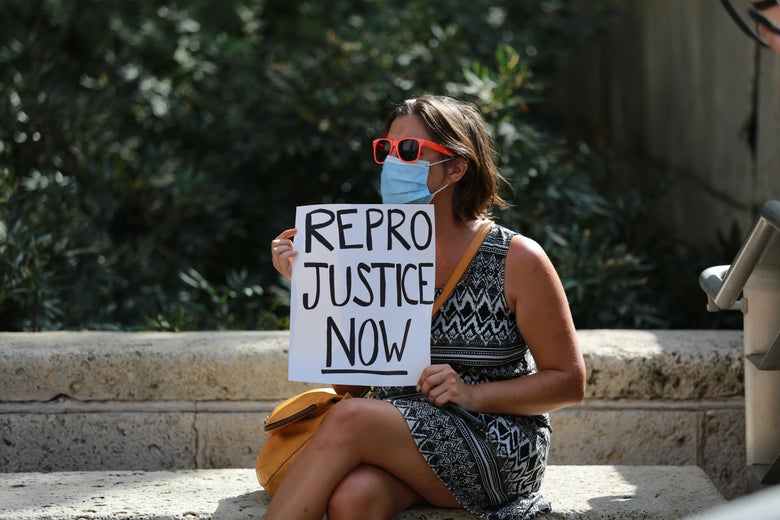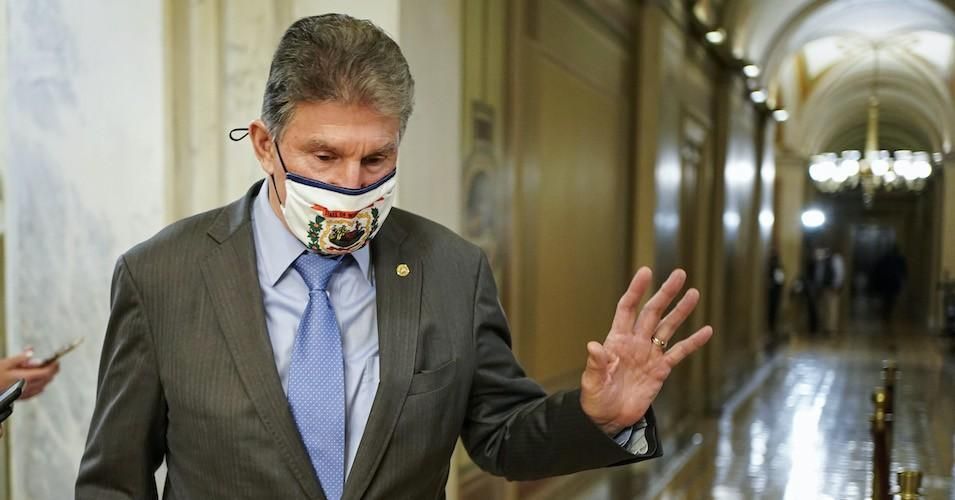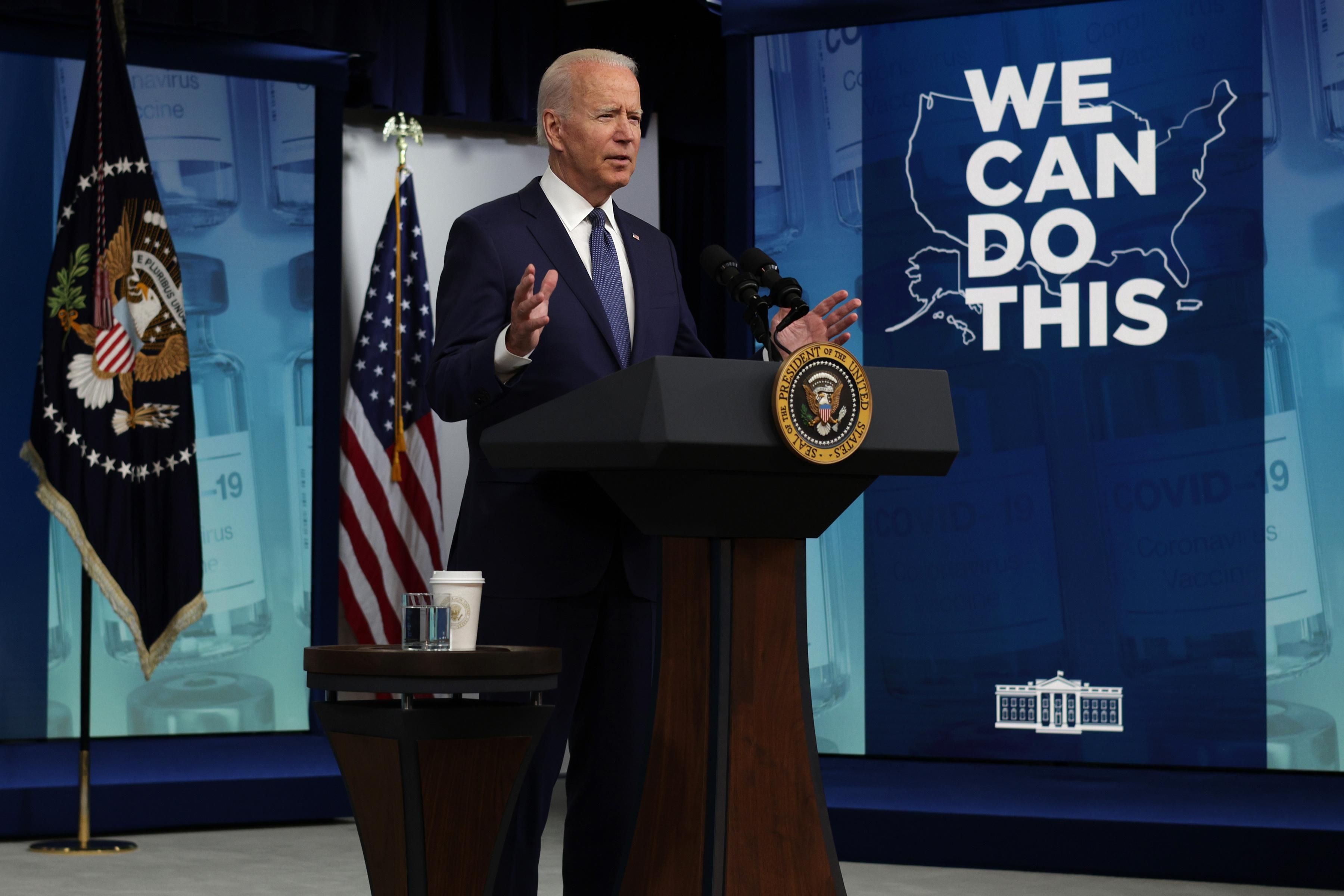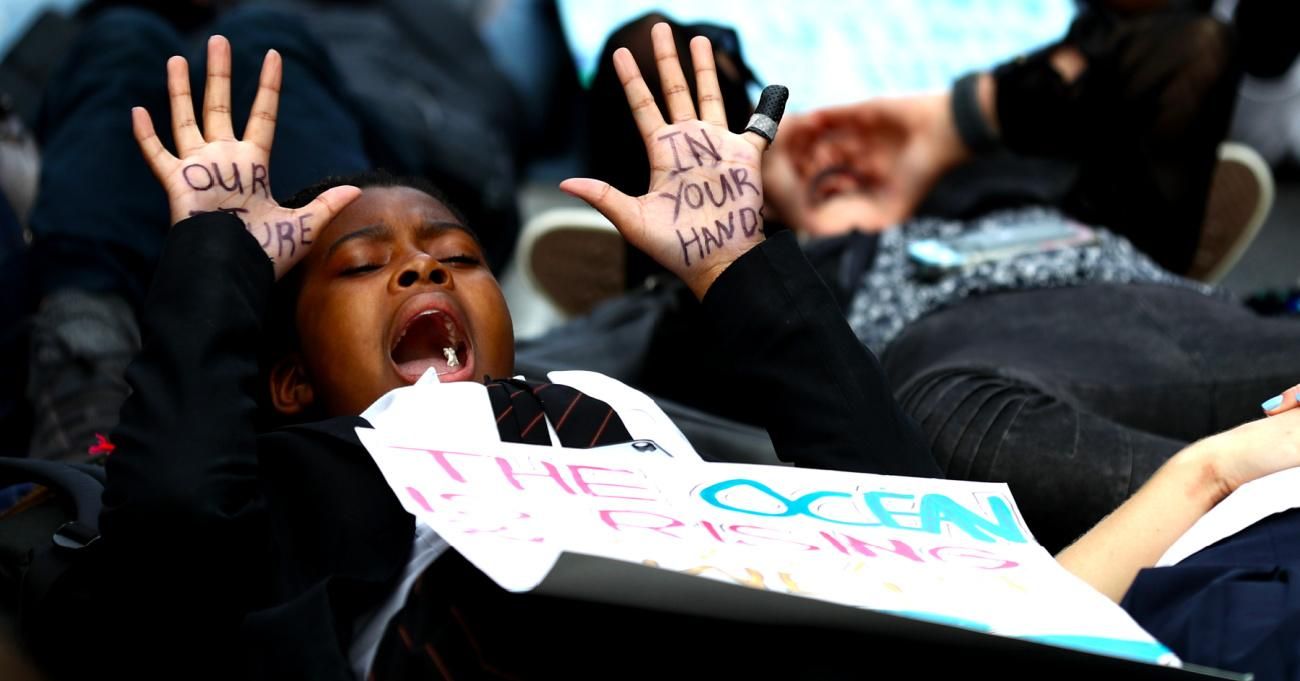By Wang Wenwen
Published: Sep 13, 2021
CGTN
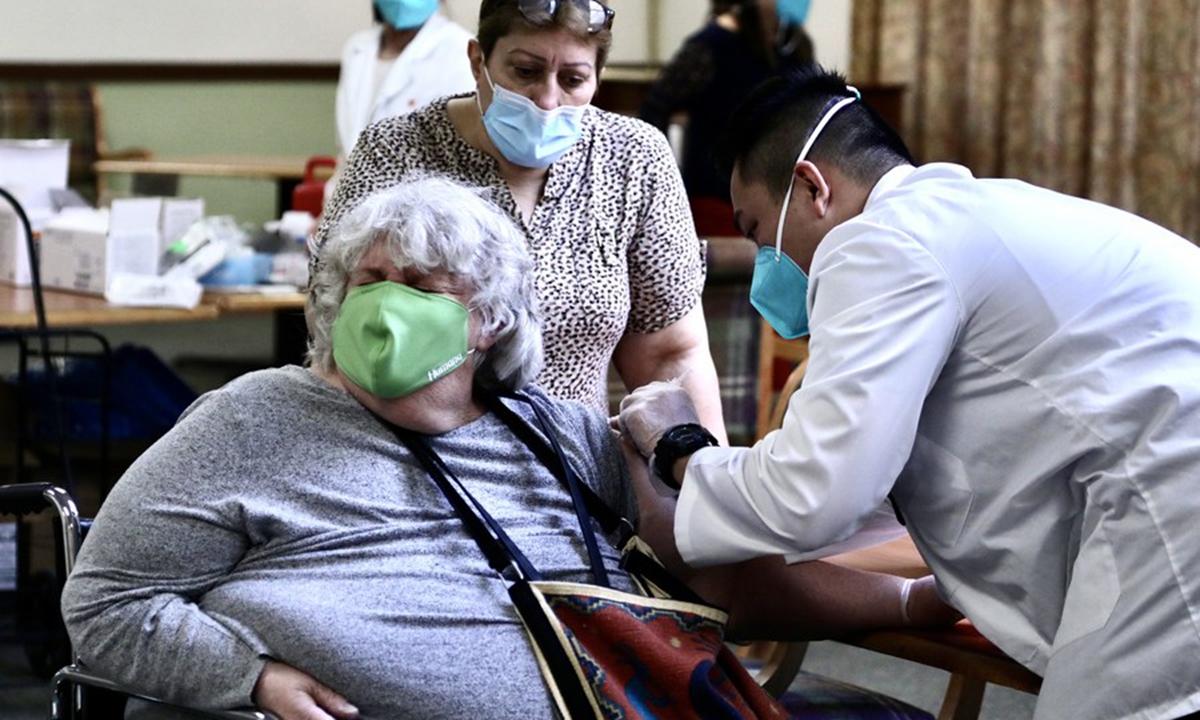
A resident receives a dose of COVID-19 vaccine in Pasadena, Los Angeles County, California, the US, January 15, 2021. Photo: Xinhua

A resident receives a dose of COVID-19 vaccine in Pasadena, Los Angeles County, California, the US, January 15, 2021. Photo: Xinhua
The COVID-19 pandemic has never gone far, and the post-pandemic era has not arrived. As the novel coronavirus keeps challenging humans' understanding of it, countries are facing real tests of how to cope with the virus.
The latest outbreak in Putian, Fujian Province, is yet another challenge to Chinese society. 79 cases were found in the past four days. Primary studies have suggested the virus is likely the highly infectious Delta variant and health experts believe it is likely to have a spillover effect. As the Chinese public is expecting the upcoming Mid-Autumn Day and National Day holidays and the country hopes to maintain the economic recovery momentum, the latest outbreak may overshadow these expectations.
Meanwhile, the pandemic situation in the West has not been effectively controlled, as the governments and people are struggling to co-exist with the virus. In the wake of the rising number of infections and deaths in the West, Western countries, particularly the US and France, are propelled to choose a side between state mandatory measures and individual freedom.
Last week, US President Joe Biden signed executive orders mandating vaccinations among federal executive branch employees and employees of companies that do business with the federal government. The mandates immediately deepened the nation's political divisions and met with backlash from certain groups. Several Republican governors vowed to go to court to challenge the constitutionality of the rules and called the mandates a big government attack on personal freedoms. Several staffers in the maternity department of a New York hospital resigned over the hospital system's vaccine mandate.
Also over the weekend, more than 120,000 people demonstrated across France to protest the coronavirus health passes. The pass, or a recent negative COVID-19 test result, is required to enter most public places, which is viewed by protesters as a hindrance to freedom.
Xu Liang, an associate professor at the School of International Relations of Beijing International Studies University, told the Global Times that Western people's viewpoint of freedom has been incorporated into their ideas and behavior, which can hardly change, and this is the fundamental challenge to the West to adopt mandatory anti-virus measures that China has been adopting.
"Even if Western politicians want to, they couldn't do it. So any government mandate, be it a vaccine or wearing mask, will only exacerbate social chaos and political crises in the West," said Xu.
The West has pinned their hopes on the vaccines and expects the pandemic to be controlled through herd immunity without free spirit being eroded. But the high infectiousness of the Delta variant made this wish fall flat. The West has no option but to resort to vaccine mandates and other strict epidemic-control measures. As people protest, Western governments not only have to deal with the pandemic, but also face the hidden task of building social cohesion.
The way the West fights the pandemic has something to do with its liberal political and cultural tradition, while collectivism and patriotism have been displayed throughout the Chinese people's cooperation with the government-led prevention and control measures.
Right now for China, it needs to continue its dynamic zero-case route and make it work better for the changing pandemic situation. It must guarantee normal social and economic activities. The problems for the West are thornier, because they have to be prepared for social chaos or even deeper crises as their anti-pandemic measures have started shaking their core liberal values.
The latest outbreak in Putian, Fujian Province, is yet another challenge to Chinese society. 79 cases were found in the past four days. Primary studies have suggested the virus is likely the highly infectious Delta variant and health experts believe it is likely to have a spillover effect. As the Chinese public is expecting the upcoming Mid-Autumn Day and National Day holidays and the country hopes to maintain the economic recovery momentum, the latest outbreak may overshadow these expectations.
Meanwhile, the pandemic situation in the West has not been effectively controlled, as the governments and people are struggling to co-exist with the virus. In the wake of the rising number of infections and deaths in the West, Western countries, particularly the US and France, are propelled to choose a side between state mandatory measures and individual freedom.
Last week, US President Joe Biden signed executive orders mandating vaccinations among federal executive branch employees and employees of companies that do business with the federal government. The mandates immediately deepened the nation's political divisions and met with backlash from certain groups. Several Republican governors vowed to go to court to challenge the constitutionality of the rules and called the mandates a big government attack on personal freedoms. Several staffers in the maternity department of a New York hospital resigned over the hospital system's vaccine mandate.
Also over the weekend, more than 120,000 people demonstrated across France to protest the coronavirus health passes. The pass, or a recent negative COVID-19 test result, is required to enter most public places, which is viewed by protesters as a hindrance to freedom.
Xu Liang, an associate professor at the School of International Relations of Beijing International Studies University, told the Global Times that Western people's viewpoint of freedom has been incorporated into their ideas and behavior, which can hardly change, and this is the fundamental challenge to the West to adopt mandatory anti-virus measures that China has been adopting.
"Even if Western politicians want to, they couldn't do it. So any government mandate, be it a vaccine or wearing mask, will only exacerbate social chaos and political crises in the West," said Xu.
The West has pinned their hopes on the vaccines and expects the pandemic to be controlled through herd immunity without free spirit being eroded. But the high infectiousness of the Delta variant made this wish fall flat. The West has no option but to resort to vaccine mandates and other strict epidemic-control measures. As people protest, Western governments not only have to deal with the pandemic, but also face the hidden task of building social cohesion.
The way the West fights the pandemic has something to do with its liberal political and cultural tradition, while collectivism and patriotism have been displayed throughout the Chinese people's cooperation with the government-led prevention and control measures.
Right now for China, it needs to continue its dynamic zero-case route and make it work better for the changing pandemic situation. It must guarantee normal social and economic activities. The problems for the West are thornier, because they have to be prepared for social chaos or even deeper crises as their anti-pandemic measures have started shaking their core liberal values.


